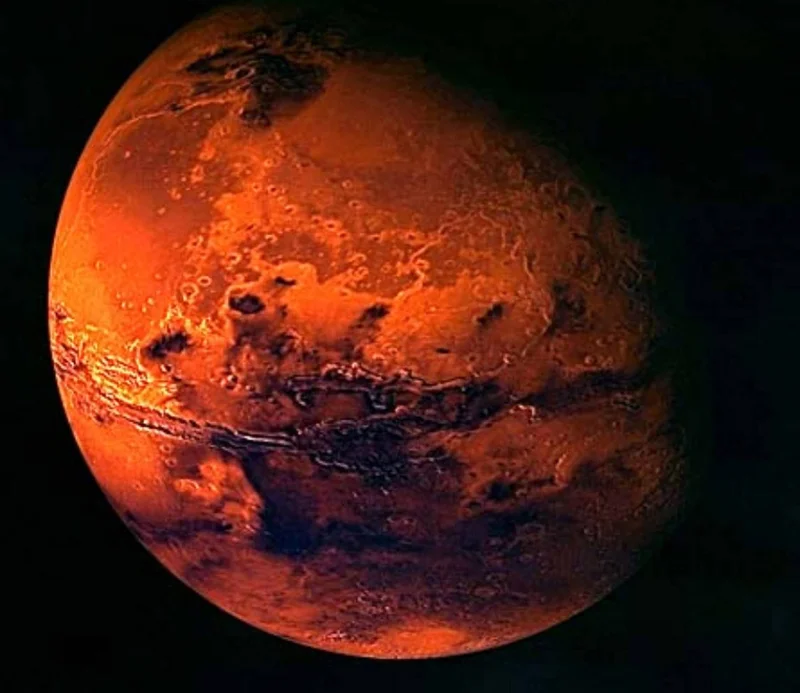Article Directory
Alright, let's be real. Another "discovery" on Mars? Another shiny rock, or a new hint of ancient water, or some damn bacteria that can survive a supernova? Give me a break. It's like NASA is running a cosmic garage sale, hawking used space junk and faded dreams.
Shiny Rocks and Broken Promises
So, Perseverance found a "meteorite" – big deal. They're calling it "Phippsaksla," because apparently, everything needs a cutesy nickname these days. Tests show high levels of iron and nickel, the same as meteorites on Earth. No freakin' duh. What, did they expect it to be made of cheese?
NASA’s patting itself on the back because other rovers have found meteorites, but Perseverance is late to the party? It's like bragging about finally figuring out how to use a toaster after everyone else is baking sourdough. And offcourse, they fire a laser at it. Lasers! On Mars! Sounds cool, right? But what does it actually tell us? That space rocks are made of space rock stuff? Perseverance rover spots mysterious 'visitor from outer space' rock on Mars surface after 4 years
This whole thing reminds me of when I tried to fix my car with duct tape and a prayer. Sure, it looked like I did something, but under the hood, it was still a disaster. Is that what NASA's doing? Throwing rocks—or rather, analyzing rocks—and hoping something sticks?
And don’t even get me started on the Mars Sample Return mission. They’ve been dangling that carrot in front of us for decades. "We're gonna bring Martian rocks back to Earth!" "We'll find life!" "It'll be the biggest scientific breakthrough EVER!" Now? It's "financially unstable" and might get scrapped. NASA’s Mars Sample Return Mission in Jeopardy as U.S. Considers Abandoning Retrieval
Habitable? Maybe. Interesting? Debatable.
Oh, and here's another gem: water flowed beneath Martian sand dunes. Billions of years ago. So what? My great-great-grandpappy also did some things billions of years ago. Doesn't exactly affect my rent payment, does it?
This study, from NYU Abu Dhabi, compares Martian dunes to cemented dunes in the UAE desert. Water seeped into the dunes, leaving behind minerals that can preserve organic material. Okay, cool. So what? Is there actually any evidence of life? Or are we just theorizing about the potential for life, based on conditions that existed longer ago than the dinosaurs?

"Our findings show that Mars didn’t simply go from wet to dry," said some scientist. "Even after its lakes and rivers disappeared, small amounts of water continued to move underground, creating protected environments that could have supported microscopic life.”
Could have. Could have. That's the whole damn problem, isn't it? Everything's always "could have."
Martian Microbes and Terraforming Fantasies
Let's talk about terraforming. The idea that we can somehow turn Mars into a second Earth is pure science fiction. But that doesn't stop scientists from studying extremophile microbiomes, trying to figure out if we can use microbes to transform the Martian surface.
They're testing bacteria, archaea, fungi – the whole damn zoo of microscopic weirdos – to see if they can survive Martian conditions. Deinococcus radiodurans, apparently, is a champ. It can withstand insane amounts of radiation. Cyanobacteria can fix carbon and nitrogen. Methanogenic archaea can produce methane.
But wait a minute... isn't methane what's cooking the Earth right now? Are we gonna solve one problem by creating a bigger one on another planet? Then again, maybe that's the point. Maybe we're just trying to export our problems to Mars so we can screw that planet up too.
And even if these microbes can survive, what about the long-term effects? What about the complex interactions within microbial communities? What about the gravity, the radiation, the nutrient scarcity? We're barely scratching the surface here.
Give Me a Break...
It's all just a big, expensive distraction. NASA's throwing rocks, finding water that's older than dirt, and dreaming about terraforming a planet that probably doesn't want to be terraformed. Meanwhile, back on Earth, we've got real problems to solve. Maybe we should focus on those before we start playing cosmic gardener on Mars.
